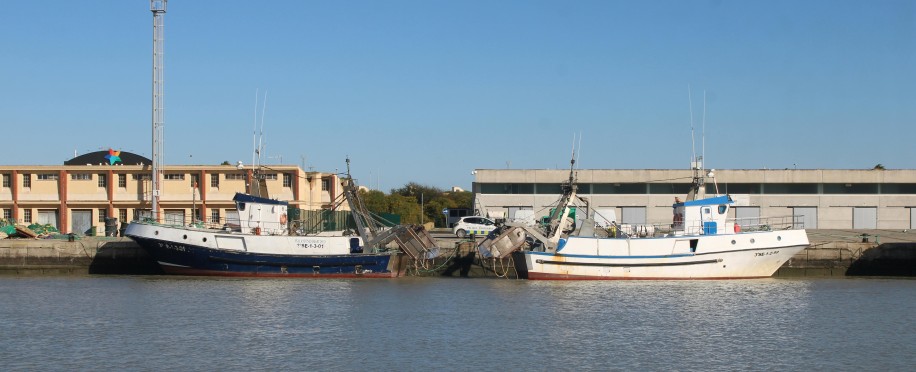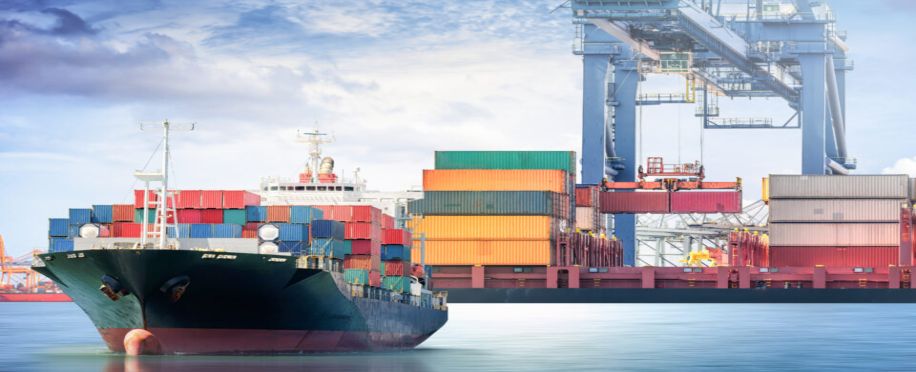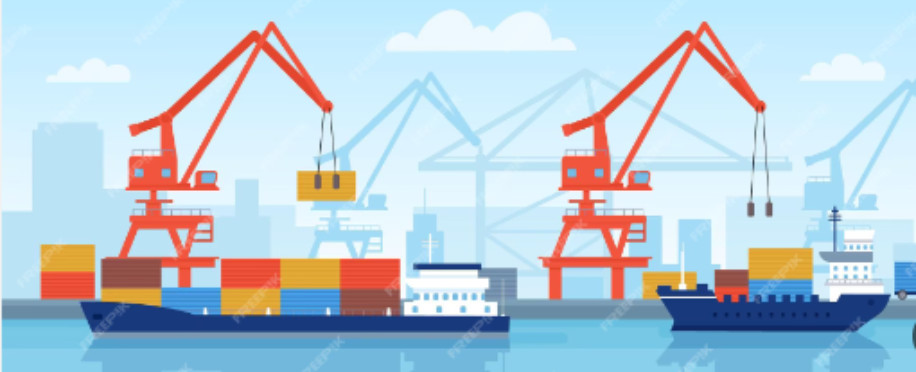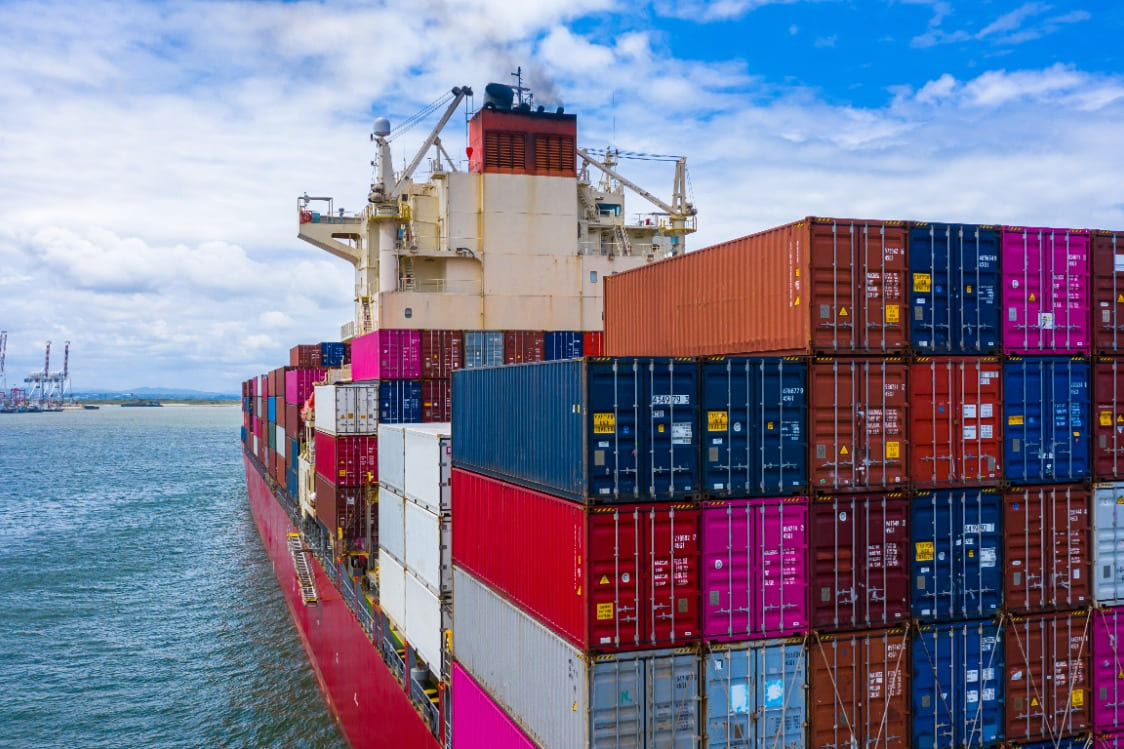Charter Party Explained: The Legal Backbone of Maritime Shipping

Posted on Mar 31, 2025 at 11:03 PM
Many types of investments are popular in the maritime industry, including charting a ship or a vessel by the shipowner to a charterer, to get income within legal agreement.
Moreover, the charter party is the contract and terms that cover the shipment agreement between the charterer and shipowner and guarantee all included parties' rights and liabilities.
In this article, we are going to share with you updated information about the vessel charter party with details about the charter party contract clauses and types.
The Definition of Charter Party in the Maritime Industry:
A charter party is an agreement in the maritime industry that controls the relationship between a shipowner and a charterer for the use of a ship based on a legal contract.
Additionally, the charter party agreements cover all the included terms and conditions with a specific legal document, including the duration, hatch cover compliance, freight payment, and responsibilities of both parties.
So, the charterparty contract is a very important legal document in global maritime shipping and logistics, that is used for organising the relationship between the ship owner and charterer with clear obligations, liabilities, and operational details.
The Basic Components of the Charter Party:
According to the shipping management courses in London, there are main negotiated clauses or documents that cover all the required terms of the charter party contract between the charterer and shipowner:
Description of the Vessel:
This section provides detailed information about the chartered ship or boat, including its name, tonnage, capacity, and technical specifications, and helps the charterer ensure the ship is suitable for transporting the considered cargo type and quantity.
Loading and Discharge Terms:
Commonly, in this charter party form, shareterparties include the agreed conditions for loading and unloading cargo at each port of the voyage with contained details about the method of handling, operations time (Loading Rates), and responsibilities of the contract parties.
Laydays and Cancelling Date (Laycan):
This contained charter party term outlines the time frame within which the ship must arrive at the loading port and be ready to load the cargo, and if the ship arrives before or after these specified times, the charterer has the right to cancel the charterparty document.
Cost of Loading and Discharge:
Clarifying all the financial details in the charterparty prevents arguments, especially during cargo handling and laytime periods, this charter party term includes specific details about voyage time, and the entire loading and unloading operations, such as stevedoring and port handling fees.
Notices Clause:
Included parties, the charterers (shippers) and ship owners (carriers), of the charters, must share information and notification at different stages with other parties, including vessel arrival, readiness for loading, and completion of operations. To facilitate and coordinate operations effectively.
Bills of Lading:
A defined legal document that plays a vital role in international exchange and cargo ownership, that is issued by the shipper (hirer) or carrier as evidence of cargo receipt, contract of carriage, and standard document of title in ports.

The Main Types of Charter Party:
The different written types of charter party contracts play the same role of organising the relationship between the ship owner and the charterer, however, a charterparty type differs from another charterparty type based on the most important contract content and terms:
Time Charter Party:
In a formal time charter party, the charterer rents the vessel for a specific time and pays for its use on a daily or monthly basis, moreover, in this type the shipowner provides the crew, including the captain, and manages the vessel's operation, while the charterer controls the cargo and voyage details.
Voyage Charter Party:
In a voyage charterparty, the vessel is hired for a single voyage between a loading port and a destination port. here, the shipowner is responsible for managing and operating the vessel, while the charterer pays a fixed freight rate for the transportation of cargo.
Bareboat Charter (Demise Charter) Party:
In a bareboat charter party, the charterer takes full control of the vessel, including crew management, maintenance, and operational costs with full responsibility for its operation.
One final thought,
The charter party contract is the best legal way to manage a charter process between the shipowner and the charterer without impacting the voyage or shipped cargo.
Moreover, the charter party contract facilitates all the operations and details with clear terms to reach the best level of shipping management in the UK.





